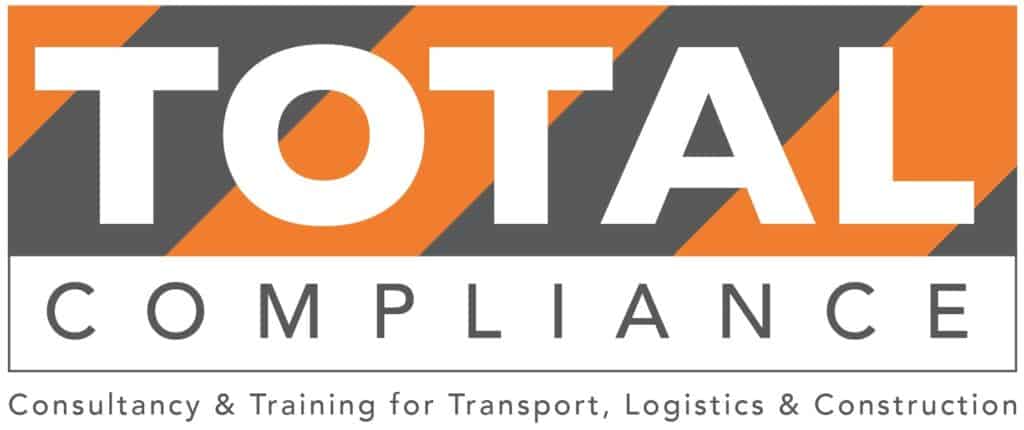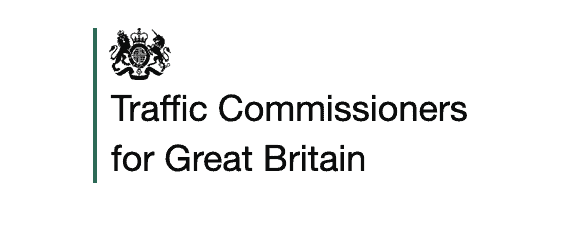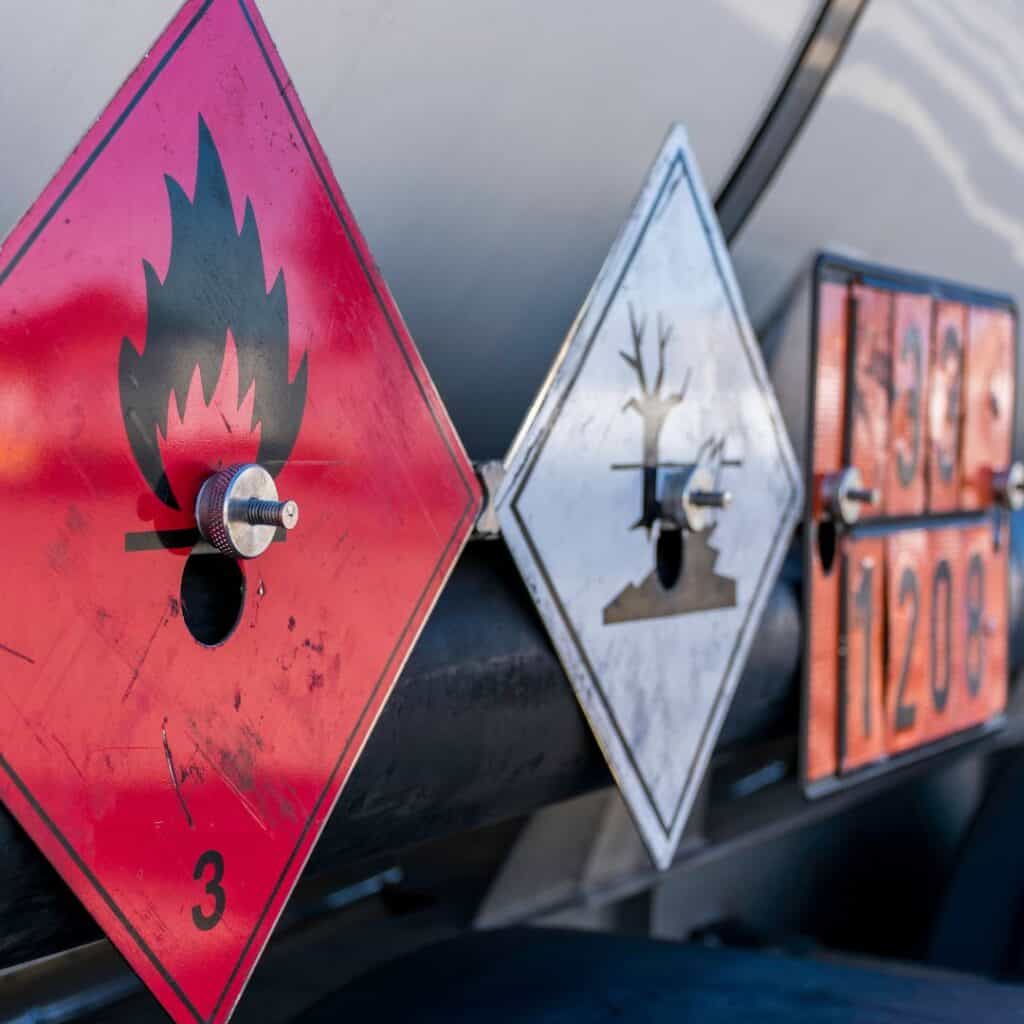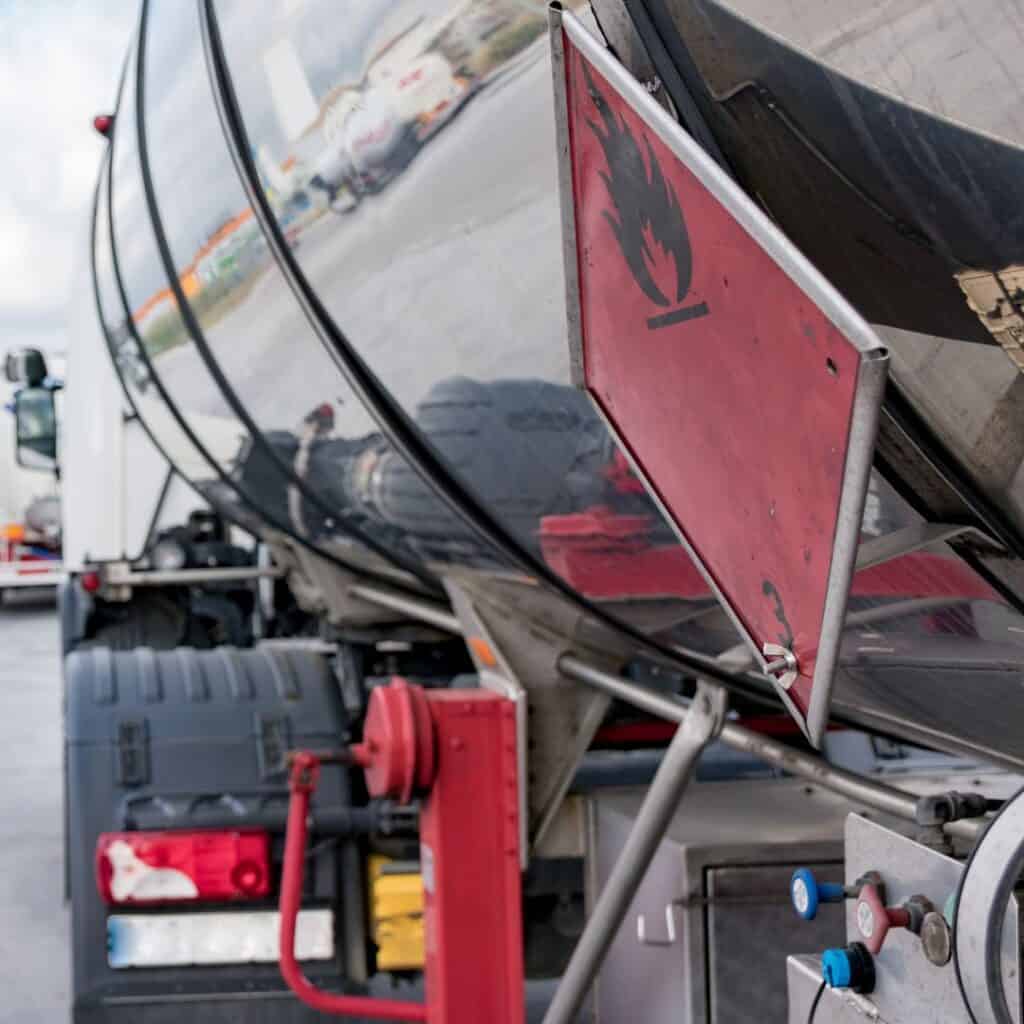Driver
Have you been summoned to a Traffic Commissioner Public Inquiry and feeling stressed out?
“Have you been summoned to a Traffic Commissioner Public Inquiry and feeling stressed out? Don’t worry, you’re not alone! These inquiries can be extremely nerve-wracking and overwhelming, but Total Compliance Transport Consultants can help ease the burden, and assist with your transport compliance. So what can you expect at a Traffic Commissioner Public Inquiry? Well,…
Read MoreWho needs DGA/ADR training?
ADR stands for ‘Accord européen relatif au transport international des marchandises Dangereuses par Route’ and is a European agreement that regulates the transport of dangerous goods by road. In the UK, ADR training is mandatory for certain types of workers who are involved in the transportation of dangerous goods by road. The following types of…
Read MoreWhat Are Dangerous Goods Classes and Packing Groups?
The transportation of hazardous substances is a complex and potentially dangerous process, and understanding the proper methods for packing and shipping these materials can be the difference between life and death. Have you ever wondered what dangerous goods classes and packing groups are? In this article, we’ll discuss the importance of following the regulations set…
Read MoreYour ‘How To’ Guide for Shipping Dangerous Goods
Shipping dangerous goods is heavily regulated, with severe legal, financial, and environmental risks if not done properly. It is important to be fully trained and competent in dangerous goods handling, which is why our compliance team have put together this ‘How To’ guide. Please note that this guide is not a substitute to proper ADR…
Read MoreCareer Progression and Expected Salary for ADR Drivers
Do you enjoy HGV driving, but are keen to improve your earning potential? If so, becoming an ADR driver may be the perfect career choice for you. This profession offers great rewards and interesting opportunities. With the right skillset and dedication, ADR drivers can progress their careers in various ways, earning higher salaries along the…
Read MoreA Week in the Life of a Transport Consultant for Total Compliance
Monday Early start today, with renewed inspiration to get back in the gym, I left London at 4.30am and headed to The Gym at Bedford, close to today’s site visit. After a workout and shower, I made the 15-minute drive to today’s customer. Merit Garden Products. This operator has a restricted operators licence and only…
Read MoreDo I need a DGSA?
As of 31 December 2022, every business that regularly consigns, transports, picks, packs, organises, fills, loads, or unloads dangerous goods by road, rail or inland waterway must appoint a dangerous goods safety advisor (DGSA). Consignor-only companies involved in the transportation of dangerous goods must also appoint a DGSA. These rules are set out in the…
Read MoreThe Purpose of a DGSA
It has been a requirement of any business that regularly consigns, transports, picks, packs, organises, fills, loads, or unloads dangerous goods by road, rail or inland waterway (including consignors/handlers) to appoint a Dangerous Goods Safety Advisor (DGSA) since the Agreement Concerning the International Carriage of Dangerous Goods by Road (ADR) Regulations (‘ADR Regulations’) was updated…
Read MoreWho Needs the Fleet Operator Recognition Scheme (FORS)?
Do you find yourself losing business because you don’t hold a FORS accreditation? If you’re a fleet operator in the UK looking to secure big contracts, improve operational efficiency, and save money, FORS is right for you. The Fleet Operator Recognition Scheme (FORS) has become an industry standard as an increasing number of clients seek…
Read MoreWhat is FORS?
The Fleet Operator Recognition Scheme (FORS) is a nationally recognised, voluntary scheme available to any UK fleet operators, fleet managers and drivers of commercial vehicles looking to measure and improve standards within their fleet operation. FORS offers UK haulage drivers, fleet managers and fleet operators the tools to help: Improve road safety awareness Improve fuel…
Read More




